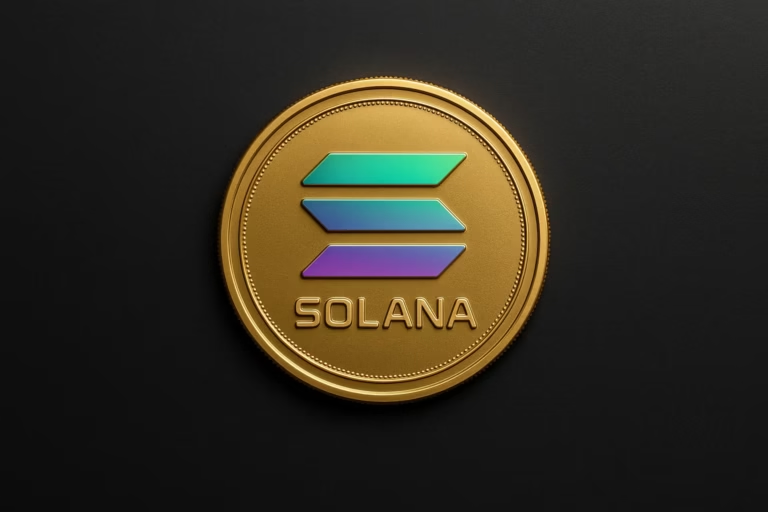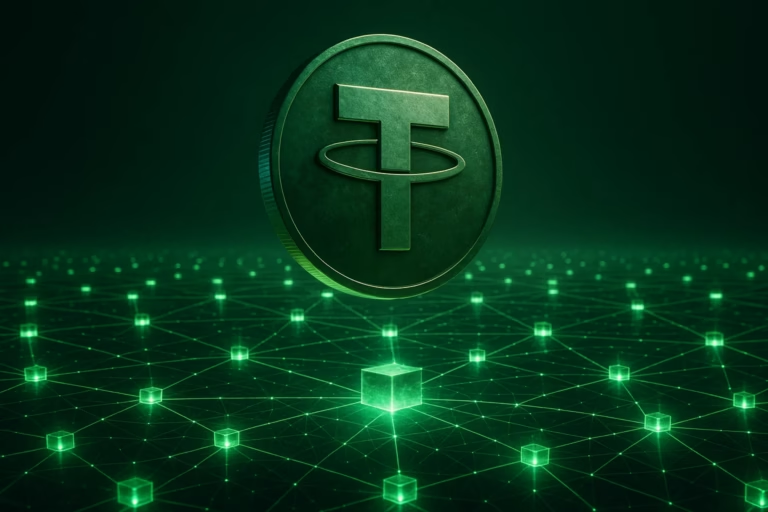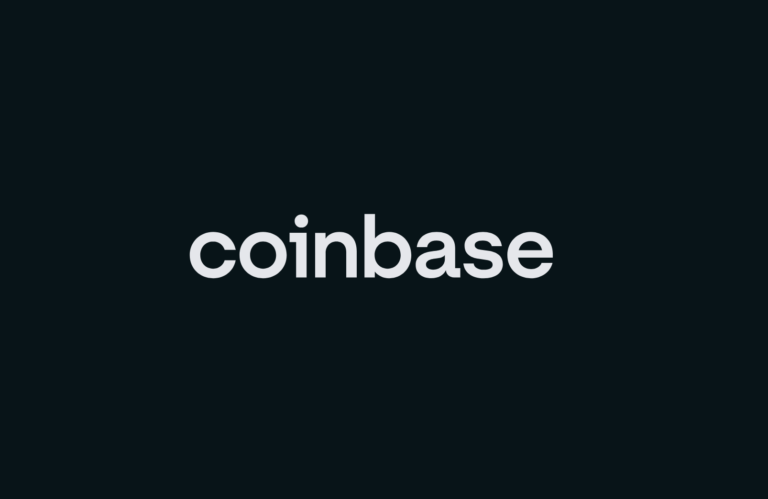
- Bitcoin is a $2.1 trillion digital asset held by creators, corporations, governments, and millions of retail investors.
- Ownership spans globally, with major activity in the U.S., Asia, Africa, and Latin America.
As of July 1, 2025, Bitcoin’s market capitalization has reached approximately $2.1 trillion. But unlike traditional assets, Bitcoin doesn’t sit neatly in the hands of a few banks or governments. Instead, it’s spread across a broad and diverse global community—from anonymous founders to everyday investors. So, who really holds the keys to the world’s largest digital currency?
Satoshi, Whales, and Wall Street: The Biggest Bitcoin Holders
At the top of the list is Satoshi Nakamoto, Bitcoin’s mysterious creator. With an estimated 1.1 million BTC untouched since inception, Satoshi remains the largest individual holder, casting a long shadow over the market.
Then there are public companies. MicroStrategy leads the pack, holding over 244,800 BTC, followed by Tesla and other firms like Marathon Digital and Coinbase. Their Bitcoin reserves highlight growing corporate confidence in the asset.
The recent approval of spot Bitcoin ETFs in the U.S. further opened the floodgates. Giants like BlackRock now offer exposure to Bitcoin through regulated investment products, attracting institutional investors once hesitant about crypto.
Bitcoin Whales and Governments Get In on the Action
Bitcoin whales—individuals or entities with massive BTC holdings—include high-profile names like the Winklevoss twins and venture capitalist Tim Draper. These early adopters and major investors significantly influence market movements.
Even governments hold Bitcoin, though often by accident. The U.S. government, for example, has seized large amounts from illicit activities. El Salvador, on the other hand, strategically purchased BTC as part of its national reserves.
Millions of Retail Investors—and the Exchanges That Hold for Them
Retail investors make up the backbone of Bitcoin’s global ownership. Though most hold small amounts, their collective holdings are substantial. Many use major crypto exchanges like Binance and Bitfinex, which act as custodians of vast Bitcoin reserves on behalf of their users.
Global Spread: Where Bitcoin Lives
While Bitcoin is decentralized and borderless, some regions are more active than others:
- United States: A financial powerhouse, thanks to ETFs and corporate adoption.
- CSAO (India, Indonesia, Vietnam): High retail adoption driven by mobile tech and interest in DeFi.
- Africa & Latin America: Usage spikes in places like Nigeria and Argentina, often due to inflation and unstable banking systems.
- Europe & China: Moderate use and historic involvement, with China remaining a behind-the-scenes influence.
Bitcoin’s value is not just financial—it’s geographic, ideological, and increasingly institutional. Its ownership tells the story of a digital asset that’s no longer just speculative—it’s becoming part of the global economic fabric.
ALSO READ:IOTA Price Teases Reversal with 25% Rally in Sight
DISCLAIMER:
The views and opinions expressed herein are solely those of the author and do not necessarily reflect the views of the publisher. The publisher does not endorse or guarantee the accuracy of any information presented in this article. Readers are encouraged to conduct further research and consult additional sources before making any decisions based on the content provided.




